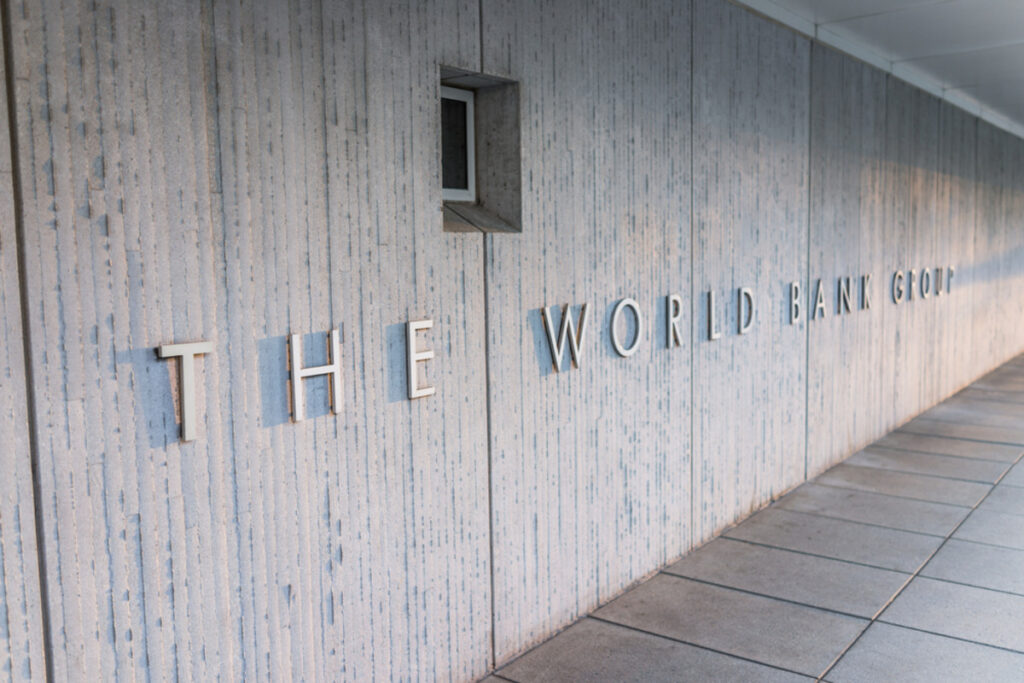World Bank Infuses $700 Million into Egypt’s Economy Amid Sector Reforms
CAIRO, EGYPT – The World Bank announced on Monday an infusion of $700 million in budget support for Egypt, marking a significant step in a broader $6 billion support program committed earlier this year. This financial boost aims to fortify Egypt’s private sector, enhance fiscal resilience, and pave the way for sustainable, green growth.
The substantial $700 million tranche is envisioned to stimulate greater private sector participation, bolster macroeconomic stability, and drive Egypt toward a more environmentally sustainable economic model, according to the World Bank’s statement.
IMF’s Staff-Level Agreement on Loan Program Review
In a parallel development in June, the International Monetary Fund (IMF) reached a staff-level agreement with Egypt under the expanded IMF loan program. Contingent on approval by the IMF’s executive board, this agreement would unlock $820 million, furthering the financial stabilization efforts of the indebted nation. The consensus emerged following the IMF’s detailed assessment of Egypt’s reform trajectory under an extended fund facility arrangement, which expanded to $8 billion from its initial $3 billion since December 2022.
Enhancing Financing Conditions and Investment Impact
Following the decision to float its currency in March, Egypt has experienced improved financing conditions. Additionally, the recent Ras Al Hekma investment venture has been hailed as a cornerstone achievement, significantly bolstering the country’s economic outlook.
Prospects for Additional IMF Resources
Promising discussions within the IMF framework hint at the potential for additional funding through the resilience and sustainability facility. These funds could be unlocked, provided Egypt continues to show a robust commitment to confronting climate change and implementing stringent environmental policies.
For a comprehensive insight into the latest World Bank financial strategies, refer to our detailed article: World Bank Secures $11 Billion Backing for New Financial Instruments to Boost Lending Capacity.
Tackling Inflation and Reforming Subsidies
Despite facing soaring inflation rates, currently estimated at 35 percent, the IMF projects a reduction to 15.25 percent by year-end. To refine budget allocations, the IMF recommends a shift from untargeted fuel subsidies to targeted financial support, ensuring aid reaches the most vulnerable households.
Economic Outlook and Growth Projections
The World Bank’s latest Global Economic Prospects report forecasts Egypt’s economic growth to register at 4.2 percent in 2024 and potentially 4.6 percent during 2025-2026. Nonetheless, it predicts a slowdown to 2.8 percent in 2023-2024, mainly due to regional conflicts affecting both the Suez Canal shipping routes and the tourism sector.
Investment surges, particularly the Ras El Hekma project with UAE collaboration, are expected to be pivotal growth drivers. Enhanced private consumption fueled by a recovery in remittances and a decline in inflation will further support economic expansion. Moreover, the depreciation of the exchange rate should augment Egypt’s net exports, bolstering the overall economic framework.
For the latest updates on economic developments, click here.
Source: Economy Middle East
